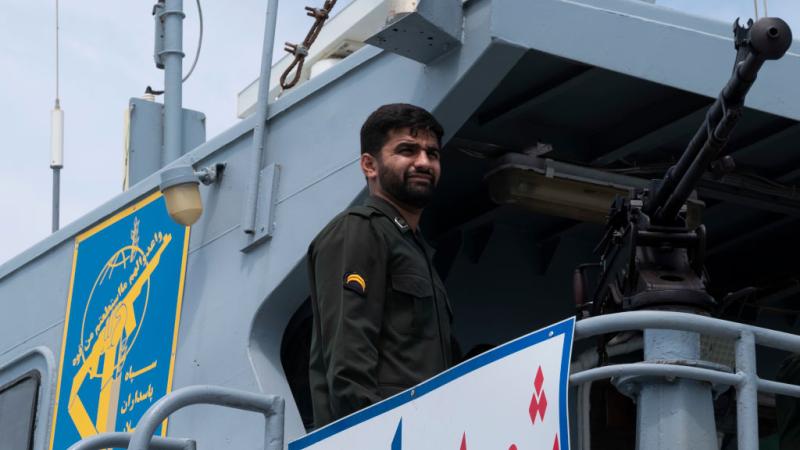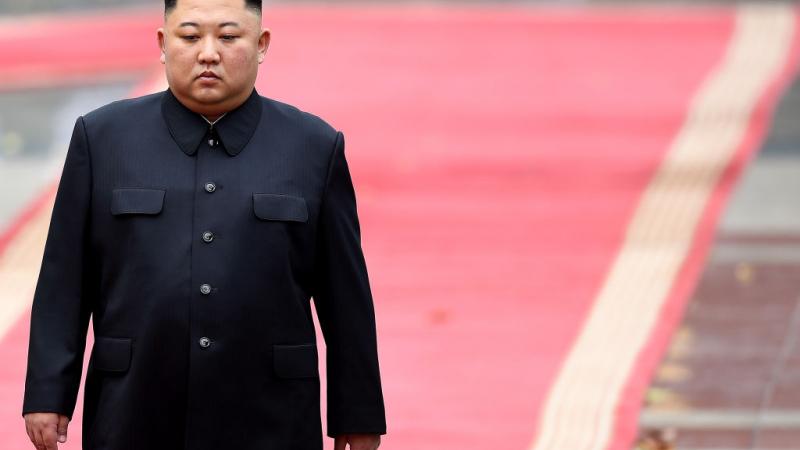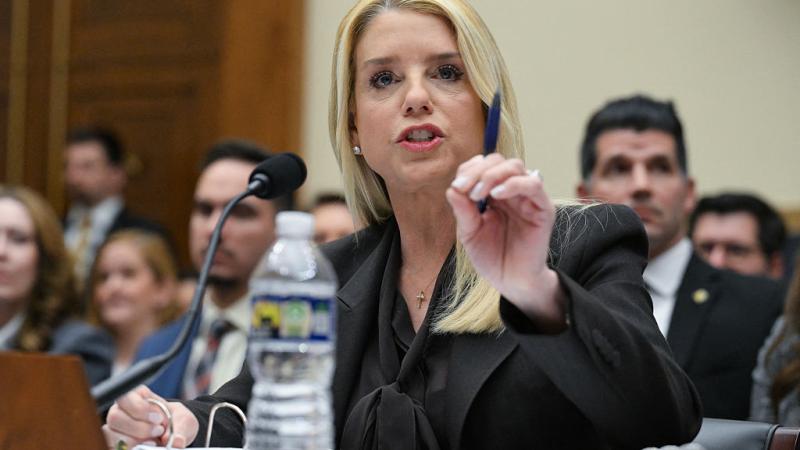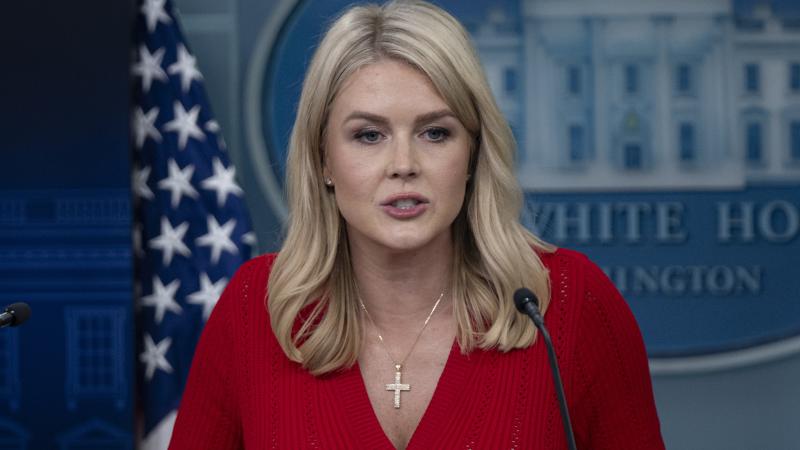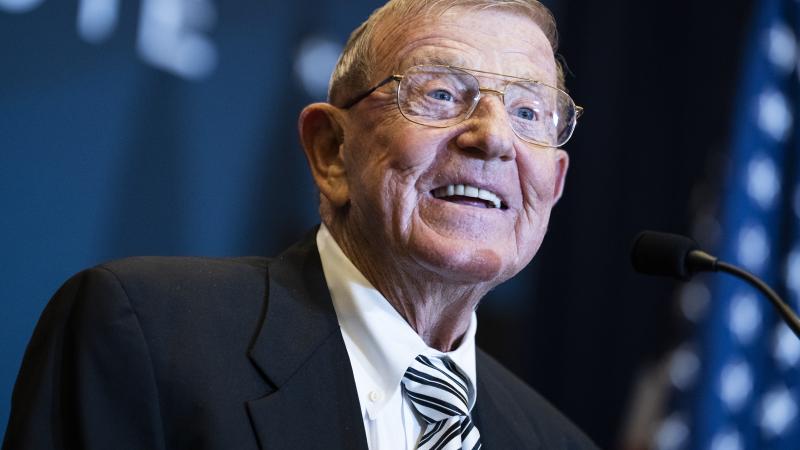All eyes on Taiwan as U.S.-China tensions, rhetoric heat up
Secretary of State Blinken sends shot across Beijing's bow, warning it would be a 'mistake' to invade Taiwan.
Chinese and U.S. aircraft carriers are patrolling near the Taiwan Strait. Taipei is running military drills and increasing emergency defense spending. And America's top diplomat is upping the ante, starkly warning Beijing not to invade.
“It would be a serious mistake for anyone to try to change the existing status quo by force," Secretary of State Antony Blinken declared Sunday.
It is fair to say that all eyes in the world are on the island of Taiwan this spring as Communist China takes an increasingly aggressive posture to a neighbor it has long wanted to annex and reunify with.
There's so much tension, in fact, that some world leaders are walking on egg shells.
Take for instance Canadian Prime Minister Justin Trudeau, whose administration apparently is agonizing over the possibility that the prestigious Halifax International Security Forum, funded in part by the Canadian government, might give its John McCain award to Taiwan's president.
Politico reports the Canadian government has threatened to pull its funding if the forum recognizes the Taiwanese leader.
The Biden administration seems more comfortable recognizing Taiwan as the tit-for-tat maneuvers between Washington and Beijing escalate.
In addition to sending warships to patrol near Taiwan, the administration on Friday liberalized its unofficial relations with Taipei in a directive that “underscores Taiwan is a vibrant democracy and an important security and economic partner that is also a force for good in the international community,” State Department spokesman Ned Price explained.
China does not recognize Taiwan, which has operated independently since 1949. The United States unofficially recognizes Taiwan, and those recognitions began growing at the end of the Trump administration as Beijing took increasingly aggressive military actions in the China Sea and near Taiwan.
The Biden administration, after a brief interlude, has embraced a tougher tone on China too, especially after an initial meeting between the two countries in Alaska soured last month.
Blinken on Sunday blamed the current circumstances on Chinese aggression.
“What we’ve seen, and what is of real concern to us, is increasingly aggressive actions by the government in Beijing directed at Taiwan,” he said on Meet the Press.
Chinese Foreign Ministry spokesman Zhao Lijian counters that U.S. warships are engaging in "provocations" and "send a seriously wrong signal to the forces of Taiwan independence, threatening peace and stability."
"Would a Chinese warship go to the Gulf of Mexico to make a show of strength?" he asked.

